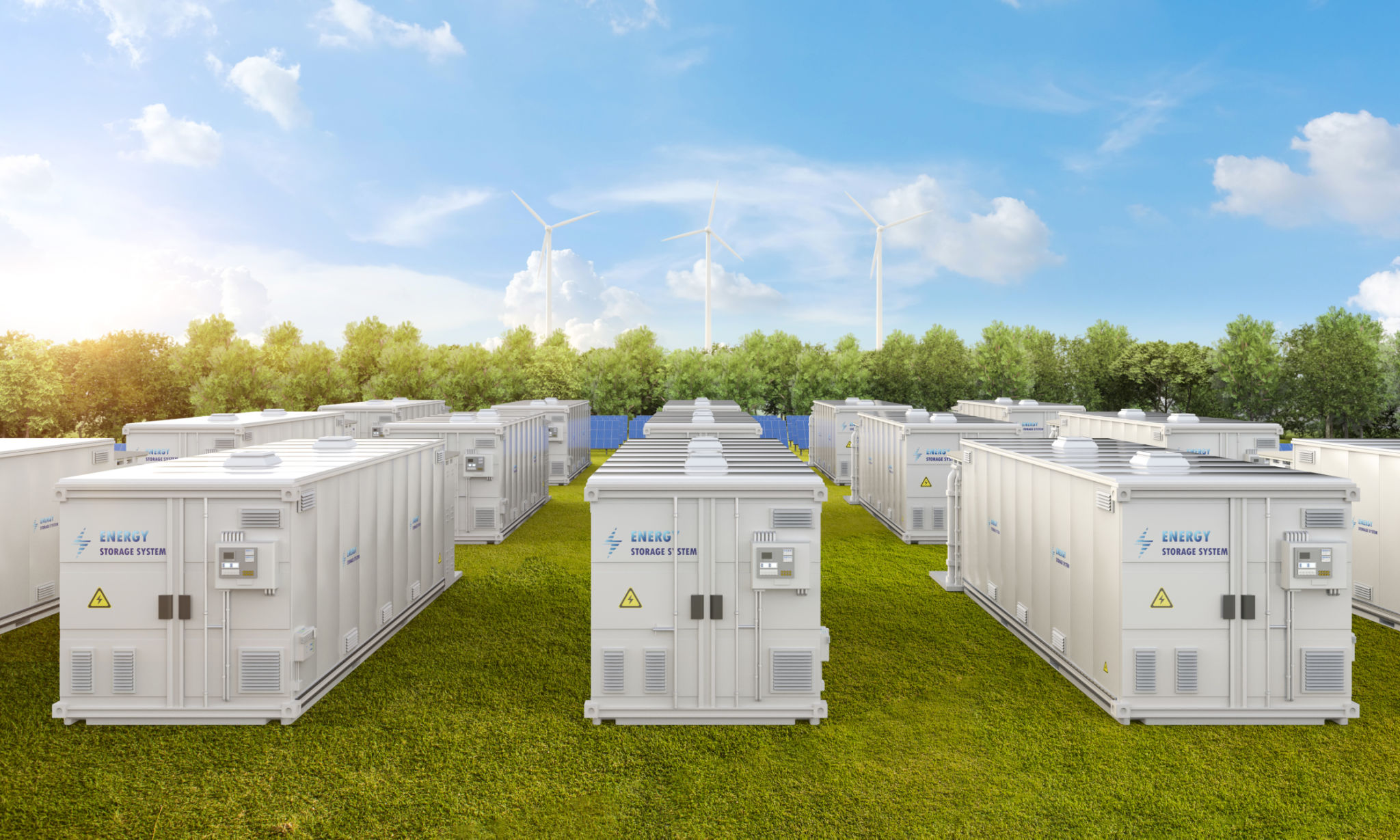What is a Freight Container Farm? Understanding the Revolution in Agriculture
Introduction to Freight Container Farming
The agricultural industry is witnessing a significant transformation with the emergence of freight container farms. These innovative farming systems are turning the traditional concept of agriculture on its head, offering a sustainable and efficient solution to many of the challenges faced by modern agriculture.
Freight container farms use repurposed shipping containers to create controlled environments where crops can be grown year-round, regardless of external weather conditions. This cutting-edge method promises to enhance food security and reduce the environmental impact of farming.

How Freight Container Farms Work
At the core of freight container farming is the use of hydroponics or aeroponics, techniques that allow plants to grow without soil. Instead, plants receive nutrients through water or mist, which is meticulously controlled and recycled to minimize waste. This method not only conserves water but also enables faster plant growth and higher yields.
Inside a freight container farm, environmental factors such as temperature, humidity, and light are precisely regulated using advanced technology. LED lighting replicates sunlight, while climate control systems maintain optimal growing conditions, allowing for consistent crop production throughout the year.

Benefits of Freight Container Farming
One of the most significant advantages of freight container farming is its ability to operate in urban environments. By setting up farms close to cities, food miles are drastically reduced, leading to fresher produce and lower transportation costs. This urban farming approach also helps in utilizing unused urban spaces efficiently.
Moreover, freight container farms contribute to sustainability by using less water and land compared to traditional farming methods. They also eliminate the need for pesticides and herbicides, resulting in healthier produce for consumers.

The Economic Impact
Freight container farming is opening up new opportunities for entrepreneurs and small business owners. The relatively low startup cost compared to traditional farming, combined with the ability to produce a consistent supply of high-quality crops, makes it an attractive option for those looking to enter the agricultural sector.
Additionally, these farms can be tailored to grow a diverse range of crops, from leafy greens and herbs to strawberries and microgreens, allowing farmers to respond quickly to market demands and consumer preferences.
Challenges and Considerations
Despite their many benefits, freight container farms are not without challenges. The initial investment in technology and equipment can be substantial, and mastering the intricacies of controlled environment agriculture requires specialized knowledge and skills.
Furthermore, while freight container farms offer a solution for urban food production, they may not completely replace traditional agriculture, especially for large-scale staple crops that require vast amounts of land and resources.
The Future of Agriculture
The rise of freight container farming represents a shift towards more resilient and adaptable agricultural systems. As technology continues to evolve, these farms are expected to become even more efficient and accessible, playing a crucial role in feeding a growing global population.
By embracing innovation and sustainability, freight container farms are paving the way for a new era in agriculture, one that promises to balance productivity with environmental stewardship.